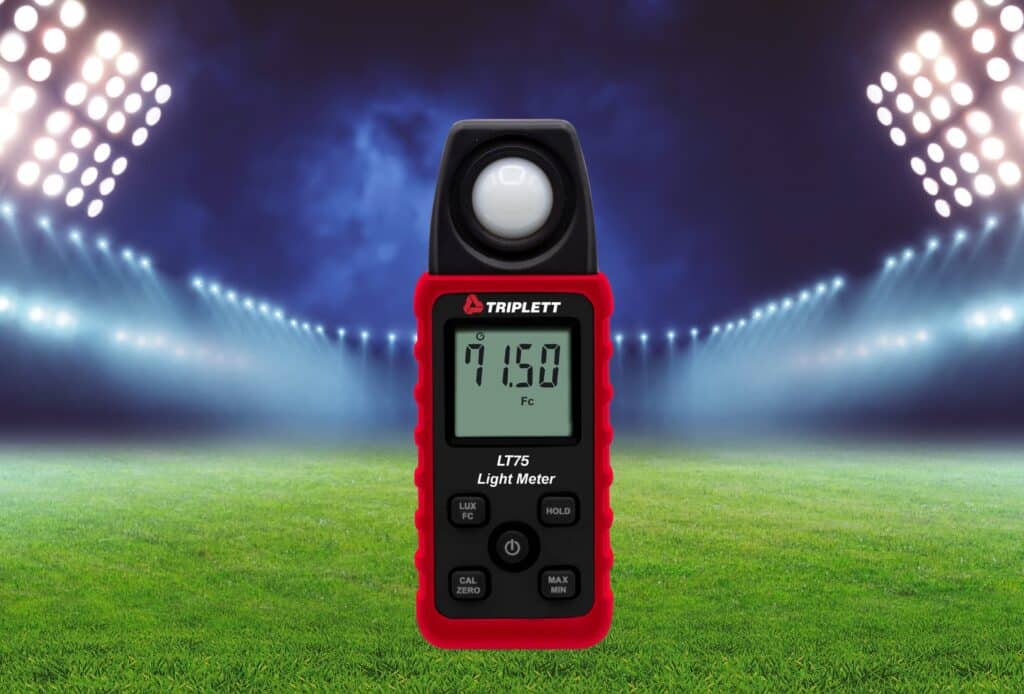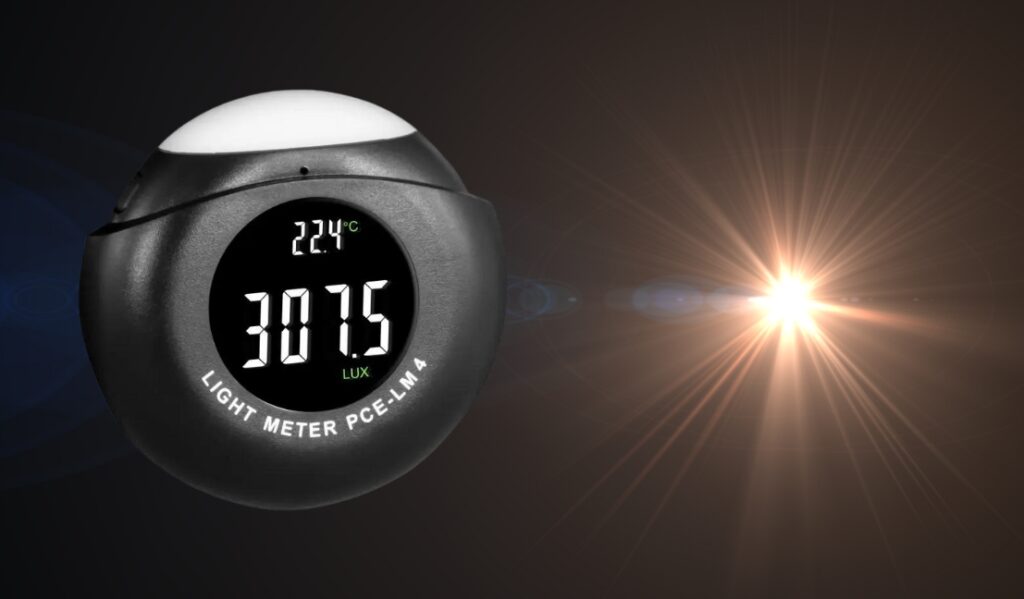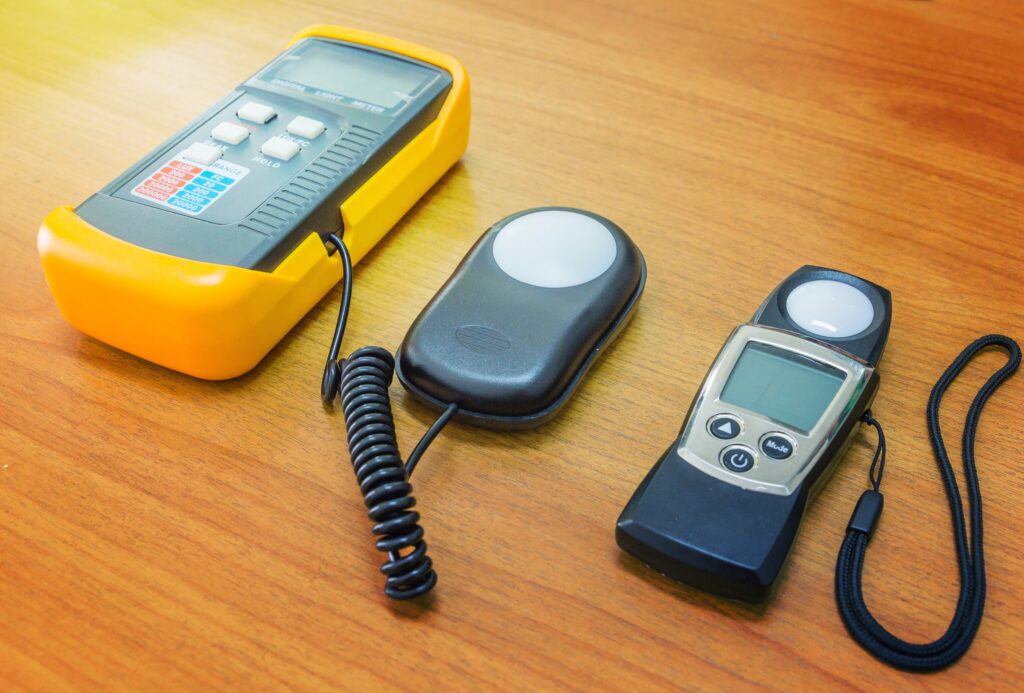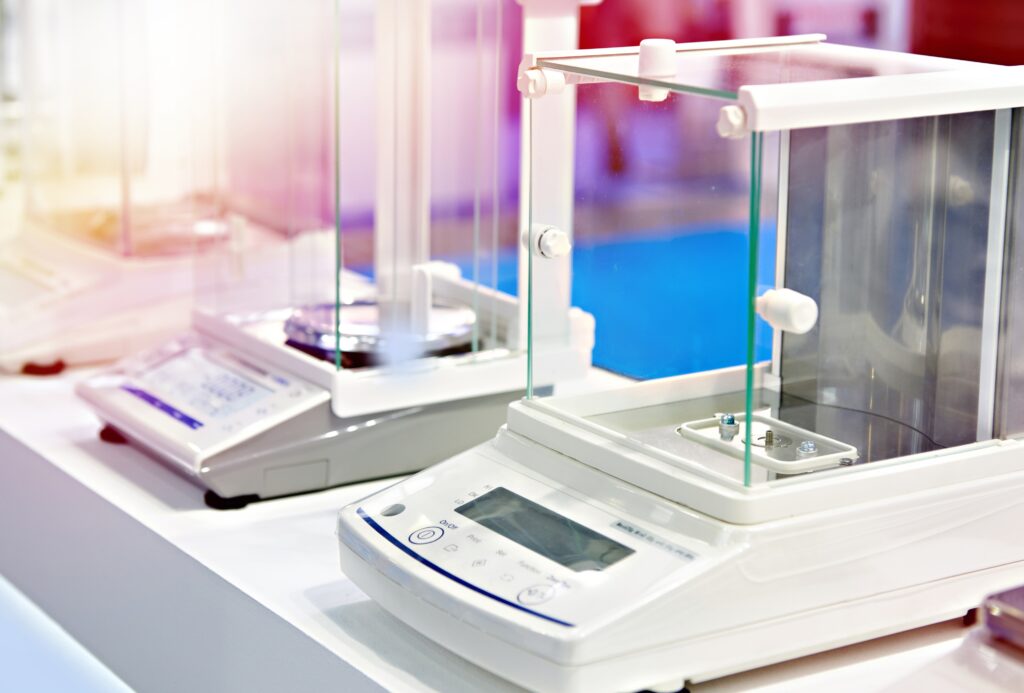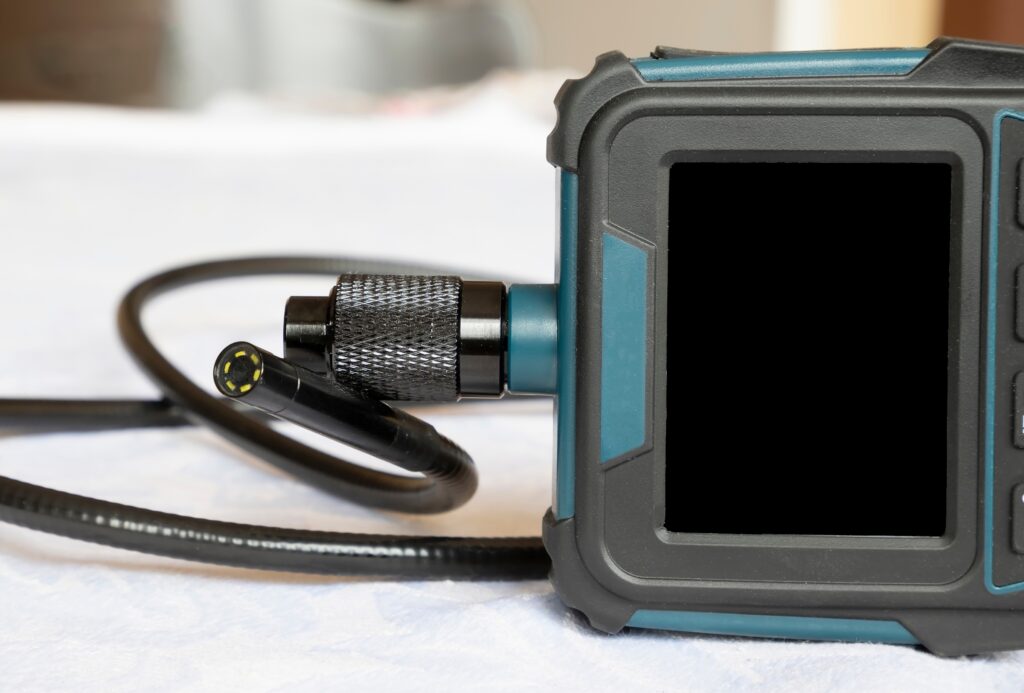Weather Station: Enhancing Weather Monitoring and Forecasting

Weather stations play a vital role in monitoring and predicting weather patterns. These sophisticated systems provide real-time data that is essential for various applications, from agriculture to aviation. By understanding how weather stations work and their benefits, you can make informed decisions and stay prepared for any weather conditions.
What is a Weather Station?
The weather station, or meteorology station, is a device that collects data on atmospheric conditions. These stations measure various parameters, such as temperature, humidity, wind speed, and precipitation. Equipped with advanced weather sensors, they provide accurate and timely information about the local weather.
Components of a Weather Station
1. Temperature Sensor: Measures ambient air temperature.
2. Humidity Sensor: Monitors the amount of moisture in the air.
3. Anemometer: Measures wind speed and direction.
4. Barometer: Detects atmospheric pressure, essential for weather forecasting.
5. Rain Gauge: Measures precipitation levels.
6. Weather Display Solutions: Visualize collected data in an easy-to-understand format.
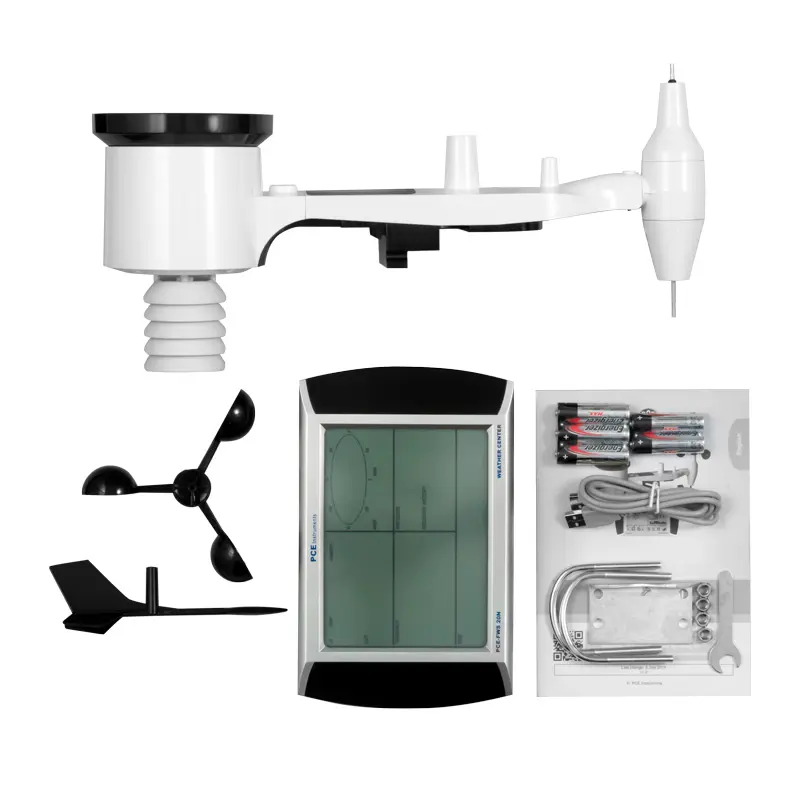
Applications of Weather Stations
1. Agriculture: Farmers use weather monitoring systems to optimize irrigation, protect crops from extreme weather, and plan planting schedules.
2. Aviation: Pilots rely on weather stations for accurate weather information to ensure safe takeoffs and landings.
3. Home Weather Monitoring: Homeowners use compact weather stations to monitor local weather conditions, helping them plan daily activities.
4. Construction: Weather monitoring systems help construction managers plan work schedules and ensure worker safety in adverse weather.
5. Education: Schools and universities use weather stations to teach students about meteorology and data analysis.
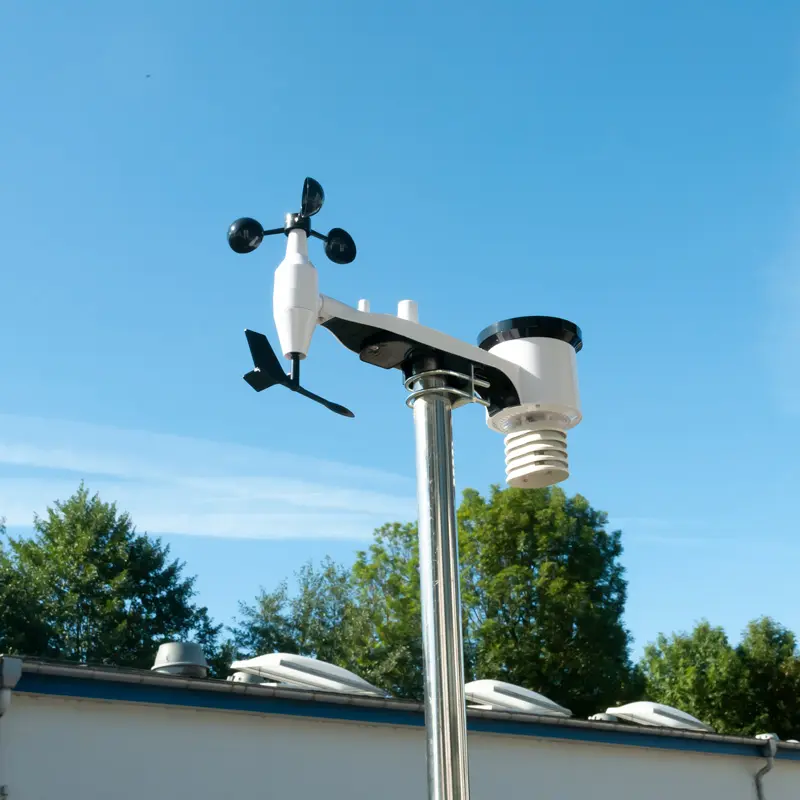
Benefits of Using a Weather Stations
– Accurate Data: Weather stations provide precise and real-time data, crucial for accurate weather forecasting.
– Cost-Effective: Automatic weather stations offer reliable data at a fraction of the cost of traditional methods. The automatic weather station price varies, but the investment is worth the accuracy and efficiency.
– Enhanced Safety: Real-time weather data helps in making informed decisions, ensuring safety in various sectors like aviation and construction.
– Environmental Monitoring: Weather stations help monitor environmental changes, contributing to climate research and conservation efforts.
– Convenience: Home weather stations provide instant weather updates, helping individuals plan their activities accordingly.
How to Choose the Best Weather Station
When selecting a weather station, consider the following factors:
– Accuracy: Look for high-quality sensors that provide precise data.
– Durability: Ensure the station can withstand various weather conditions.
– Ease of Use: Choose a system with an intuitive interface and clear weather display solutions.
– Data Logging: Opt for stations that can store and export data for further analysis.
– Compatibility: Ensure the station integrates well with other devices and software for seamless data sharing.
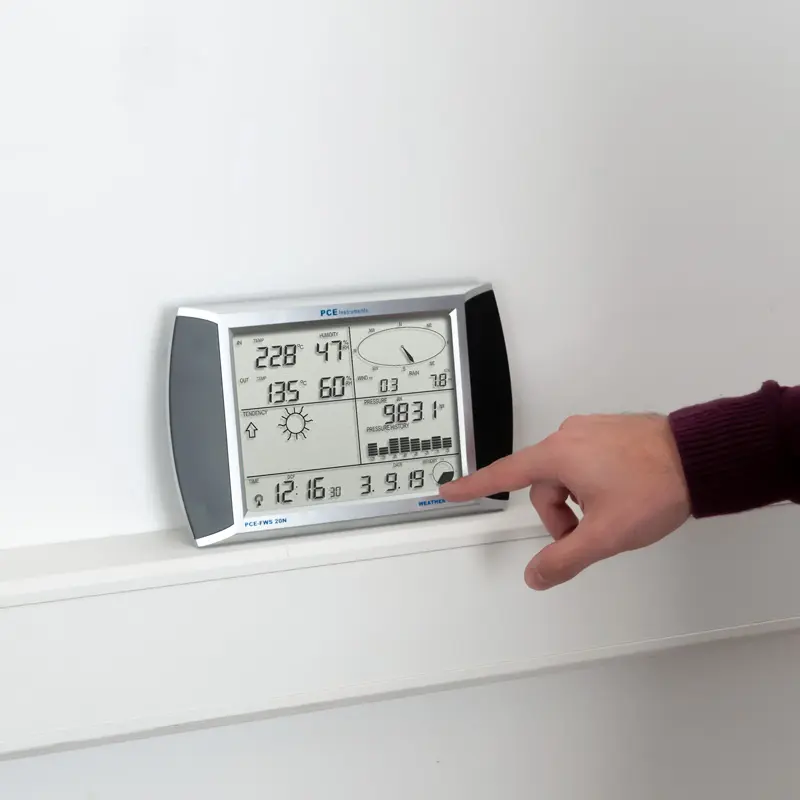
Weather Stations for Home Use
A compact weather stations is ideal for home use. It provides essential weather data, helping you plan your day better. Home weather monitoring systems come in various models, offering features like wireless connectivity and smartphone integration. You can easily find a weather station that fits your needs and budget.
Investing in a Weather Stations
Investing in a compact weather stations can significantly enhance your ability to monitor and respond to weather conditions. Whether you need a weather monitor for professional purposes or personal use, having reliable data at your fingertips is invaluable. To explore a range of high-quality weather stations, visit.
Conclusion on the weather station blog
Weather stations are essential tools for accurate weather monitoring and forecasting. With advanced weather sensors and reliable data collection, these stations support various applications, from agriculture to home weather monitoring. By investing in a quality weather station, you can stay informed and make better decisions based on real-time weather data.
Choose the best weather monitoring system by considering accuracy, durability, ease of use, and compatibility. Whether you are a farmer, pilot, construction manager, or homeowner, a weather station can provide the precise information you need. Embrace the power of weather stations and enhance your weather monitoring capabilities today.
Related Post
Accurate light measurement is essential for various applications, from ensuring
Analytical balances are essential in laboratories. Their high precision and
Measuring light accurately is essential for various applications. Whether you’re
In our daily lives, light plays a crucial role in
Analytical balances are crucial in scientific research and industrial applications.
Welcome to the fascinating world of industrial borescope, where cutting-edge

